Food myths busted
From coffee to carbs, elite sports nutritionist James Collins lifts the lid on five football falsehoods
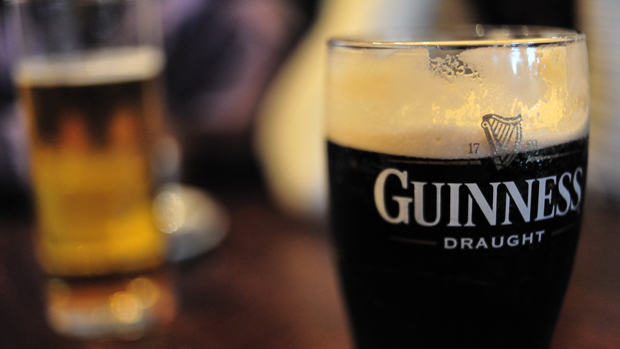
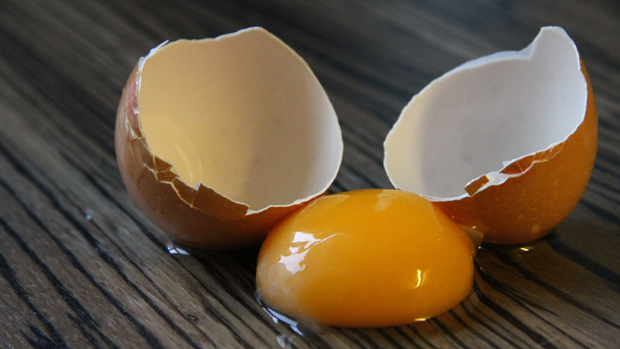
MYTH 1
Guinness is high in Iron
You hear some big yarns down the pub, but this is the biggest whopper of them all: Guinness is high in iron. The myth originated from when it used to be recommended to pregnant women years ago, but the truth is that one egg yolk contains the same amount of iron as three pints of the black stuff.
James recommends
Iron is an essential part of the diet which helps red blood cells carry oxygen around the body. If this is low, you are going to feel tired. Meats, especially red meats, contain the highest amount of iron – so go ahead, enjoy that post-match steak.
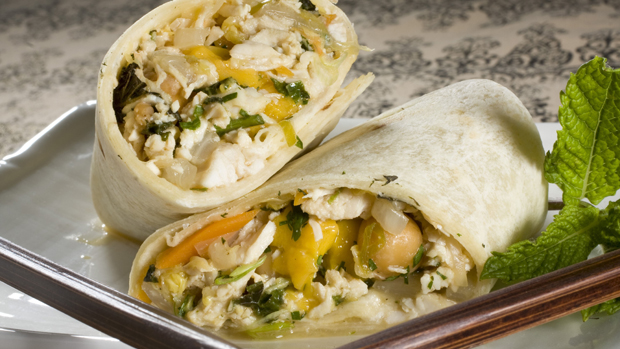
MYTH 2
Don’t eat before bed
Tucking into a late-night kebab after an all-day drinking session will add inches to your waist, but eating before bed isn’t the nutritional sin it’s made out to be. Most amateur players train or hit the gym in the evening so they need to eat late and set the recovery process in motion. A protein-rich snack drip-feeds the muscles overnight, supporting growth and repair.
James recommends
Scoff that evening snack if you’ve earned it. There’s plenty of options to choose from – chicken or tuna wrap, yoghurt and mixed berries, cereal with milk, or a protein shake.

MYTH 3
Caffeine will dehydrate you
We all like a daily hit of caffeine, usually from some chocolate or a cup of tea or coffee. Most people believe the downside to indulging in such drinks is the number of trips you have to make to the loo, increasing your risk of becoming dehydrated. However, caffeine only has such a diuretic effect if you consume large amounts of it, so there’s no reason for you to switch to decaf before kick-off – in fact, a dose of the hard stuff will rev you up for the game.
James recommends
It typically takes 45 minutes for caffeine to peak in the blood, so time your intake accordingly.
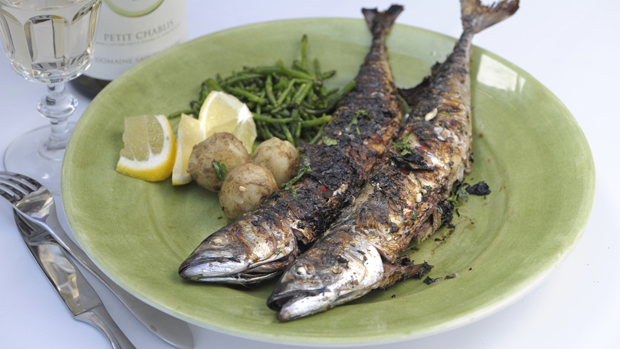
MYTH 4
Fat is bad for you
If you stuff your face with fatty foods you’ll get fat, right? Wrong. Sure, if you gorge on saturated fats, such as cakes and biscuits, you’ll eventually turn into a blimp. But if you feast on unsaturated fats such as Omega-3 you’ll get your brain switched on and heart pumping to a match-winning beat.
James recommends
Increase the amount of good fats in your diet by eating oily fish, such as salmon or mackerel, twice a week. In addition, sprinkle flax seeds on your cereal or salad.
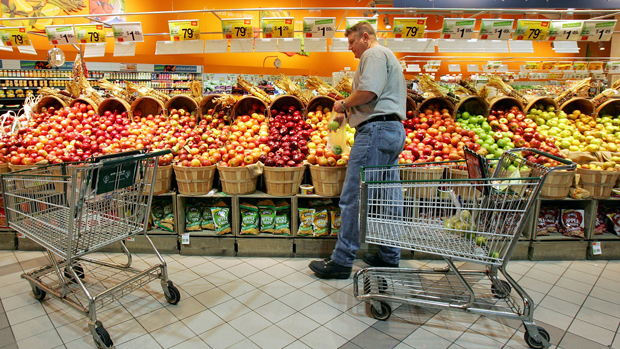
MYTH 5
Organic food is healthier
Just because something has been grown on an organic farm doesn’t make it any better for you. Food that is produced organically is more natural, with chemicals and pesticides carefully controlled, but the levels of nutrients are similar in comparison to non-organic foods.
James recommends
Don’t automatically reach for organic grub at the supermarket. You should shop based on taste, ethics and the best quality of produce for your budget.
For more nutrition tips:
Get FourFourTwo Newsletter
The best features, fun and footballing quizzes, straight to your inbox every week.
